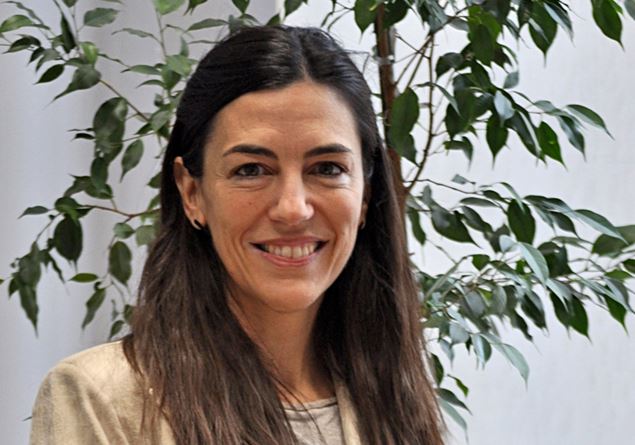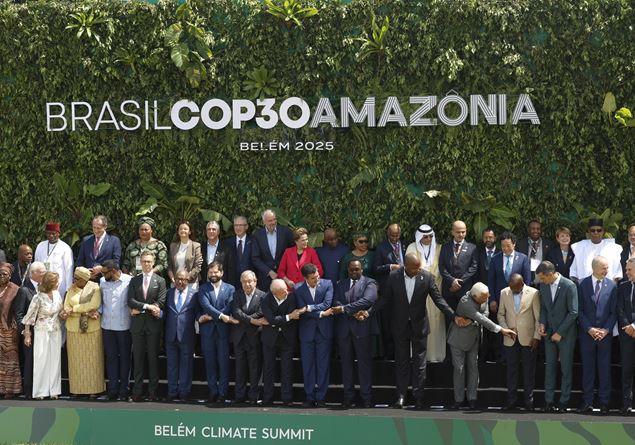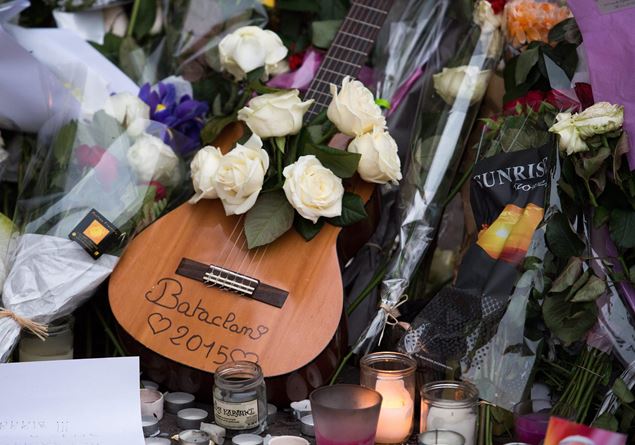There is a thread that runs through the essay Work and trust. From false narratives to the courage to transform reality (Franco Angeli, “Orizzonti” series): the need to bring work back to its most authentic meaning. Not an ideological battlefield, nor an arena dominated by slogans and algorithms, but a human space, made up of people, relationships, responsibilities and shared values. Maria Cristina Origlia, socio-economic journalist and president of ETS Meritocracy Forumstarts from a simple but powerful intuition: the dominant narrative about work is distorted. «Too often – he explains – the media and politics repeat old beliefs, give in to exploitation or stop at the surface. This generates misinformation and fuels mistrust.” The result is a disillusioned society, where the future is no longer a promise, but a threat.
The book, published by Franco Angeliis constructed as an investigation into five chapters, each dedicated to a “vulgate” to be overturned. We start from the myth of Italy as a “people of entrepreneurs”: Origlia demonstrates, with data in hand, that our rate of entrepreneurship is among the lowest in the OECD. They intervene to discuss the causes and possible ways out Alessandro Zattoniprofessor of Strategy and Corporate Governance at Luiss and president ofEuropean Academy of ManagementAnd Miriam CrestaCEO of Junior Achievement Italia, who recall the need to “invest in young people and unleash their talent”. The second chapter addresses the issue offemale employment. Against the cliché that opposes motherhood and career, the data shows the opposite: where women work more, the birth rate also increases. They explain it Daniela Brogi And Sonia Malaspina (Danone), both convinced that a “cultural revolution in schools and businesses” is needed to escape the logic of sacrifice and build real conditions of equality. The third chapter is dedicated to merita word often misrepresented. The idea that “rewarding merit generates discrimination” is dismantled by the comparison between Giampaolo Gallieconomist at the Catholic University, e Lara Porciattimanager of ART-ER. Facade egalitarianism, they argue, ends up leveling downwards, blocking the social elevator. With the fourth theme – diversity and inclusion – the author enters one of the most slippery territories. “Having a DEI policy is not enough,” he warns. Barbara Quacquarelli And Pino Cantatore show that true inclusion is not a checklist, but a flexible rethinking of work times and spaces, capable of truly enhancing differences. The fifth chapter finally focuses on sustainability. Today, an ESG acronym is enough to proclaim oneself virtuous, but reality tells a different story: accidents, precariousness, working poor. Gabriele Gabrielli (European University of Rome) e Isabella Manfredi (Feralpi Group) recall that “there can be no sustainable business without dignity of work”. To close the volume, an unpublished conversation between the philosopher Roberto Mancini and the economist Mauro Gallegatistudent of Hyman Minsky and collaborator of Joseph Stiglitz. A comparison that invites us to overcome the usual frameworks and “change our way of thinking, if we want to change the world”, as Albert Einstein wrote.










